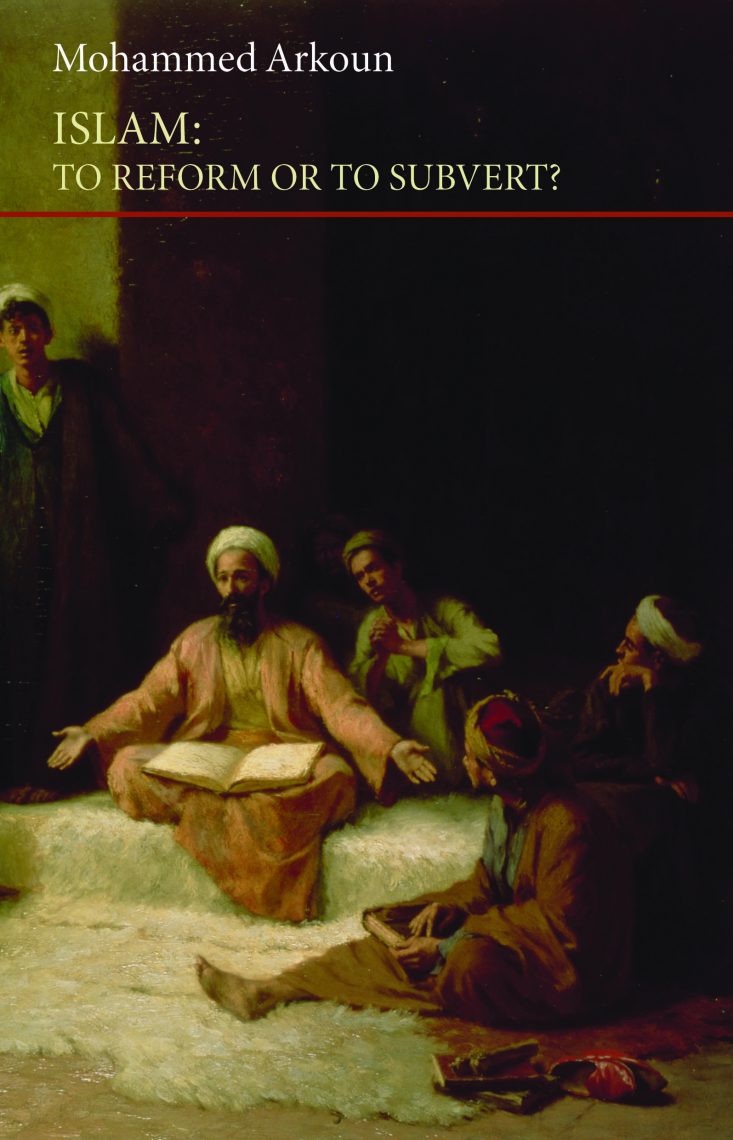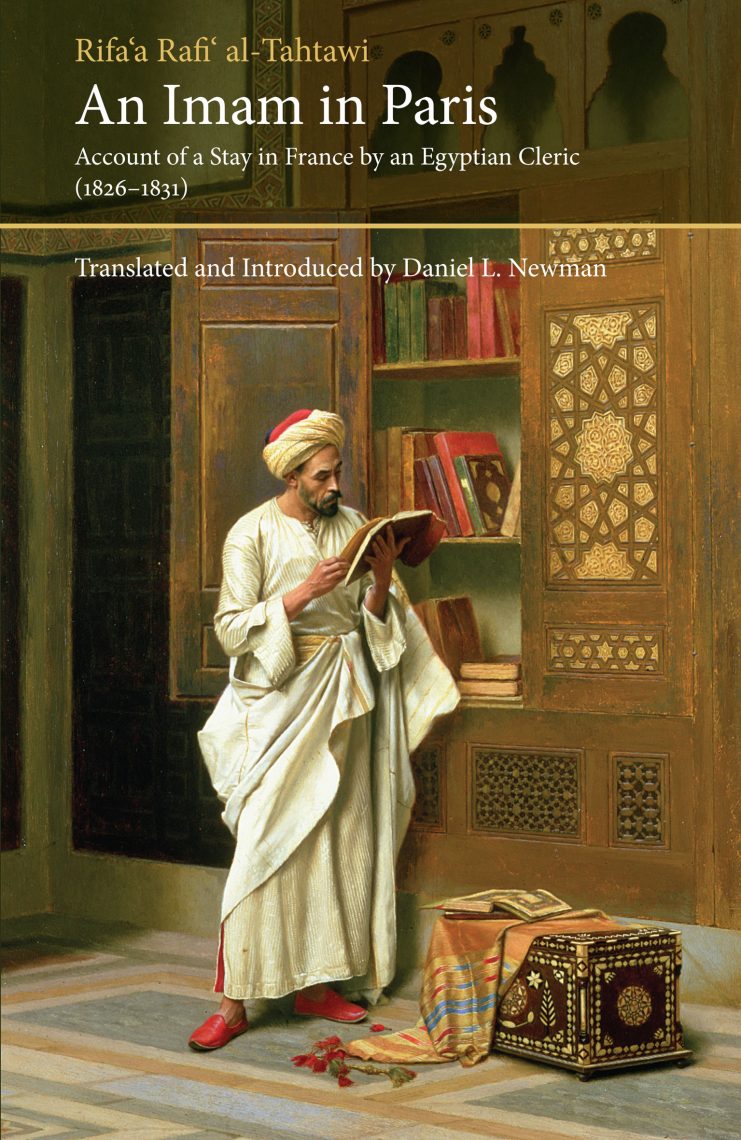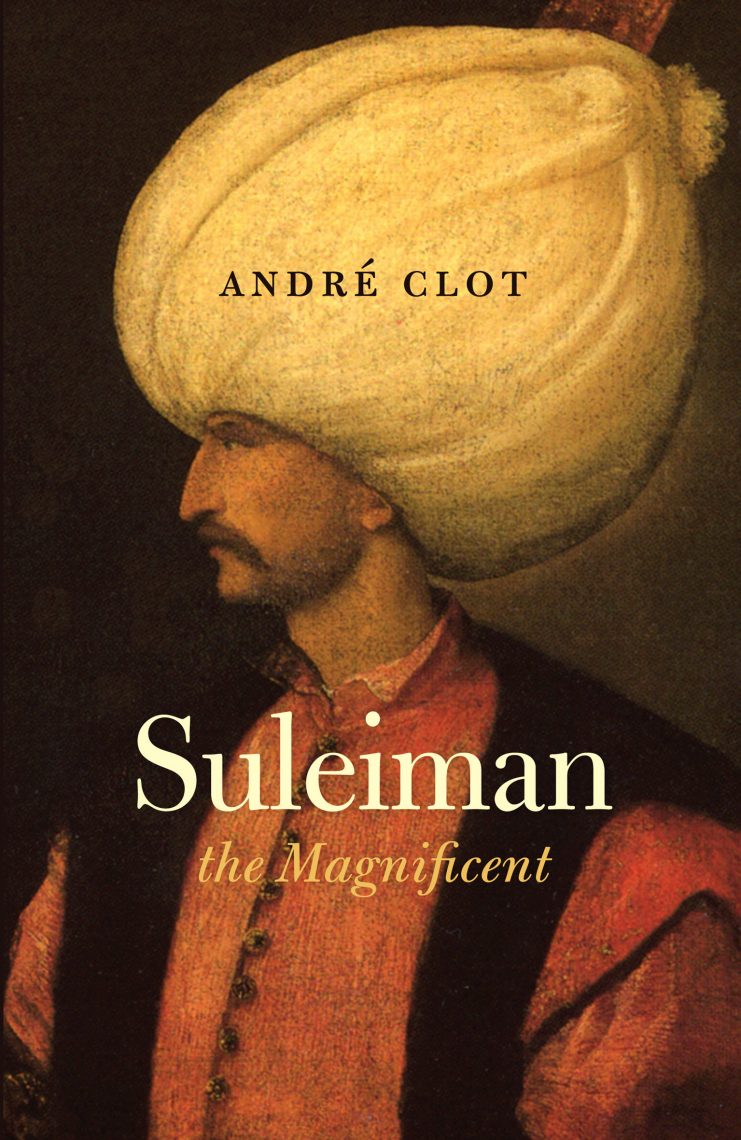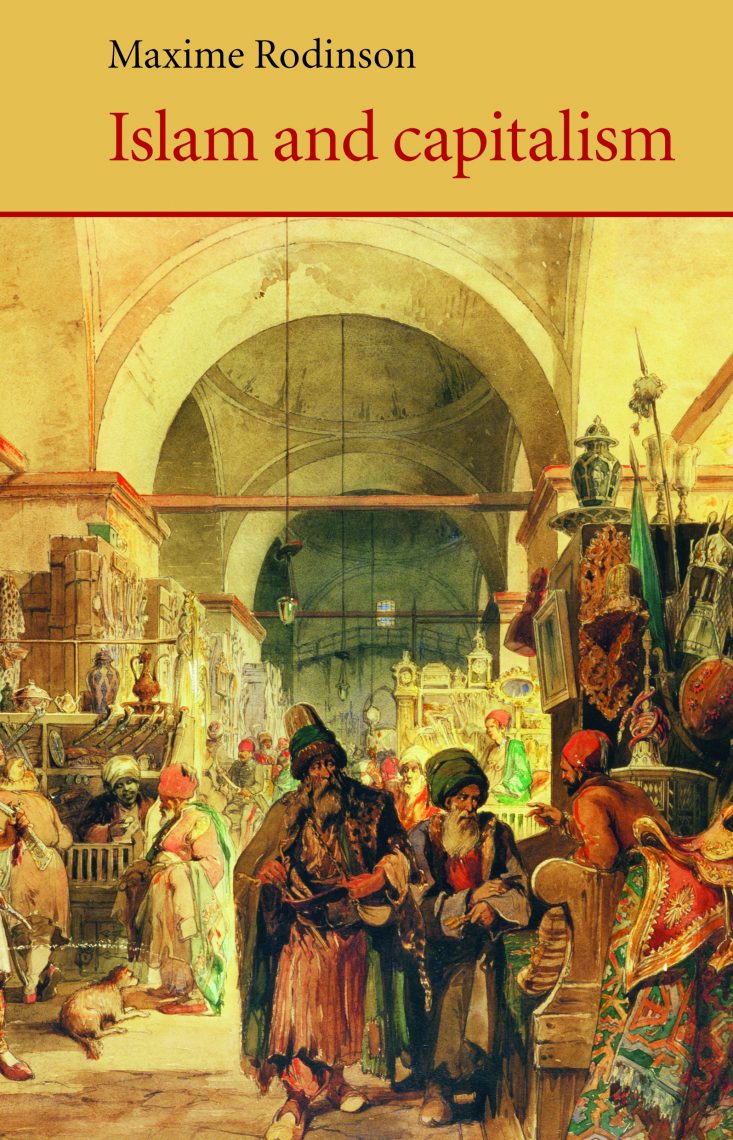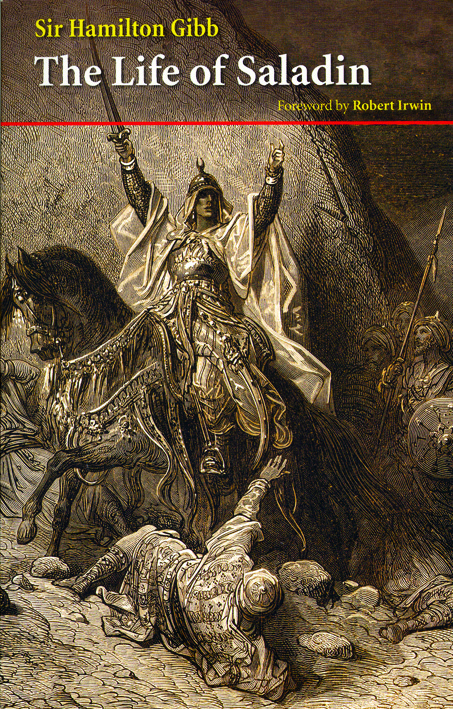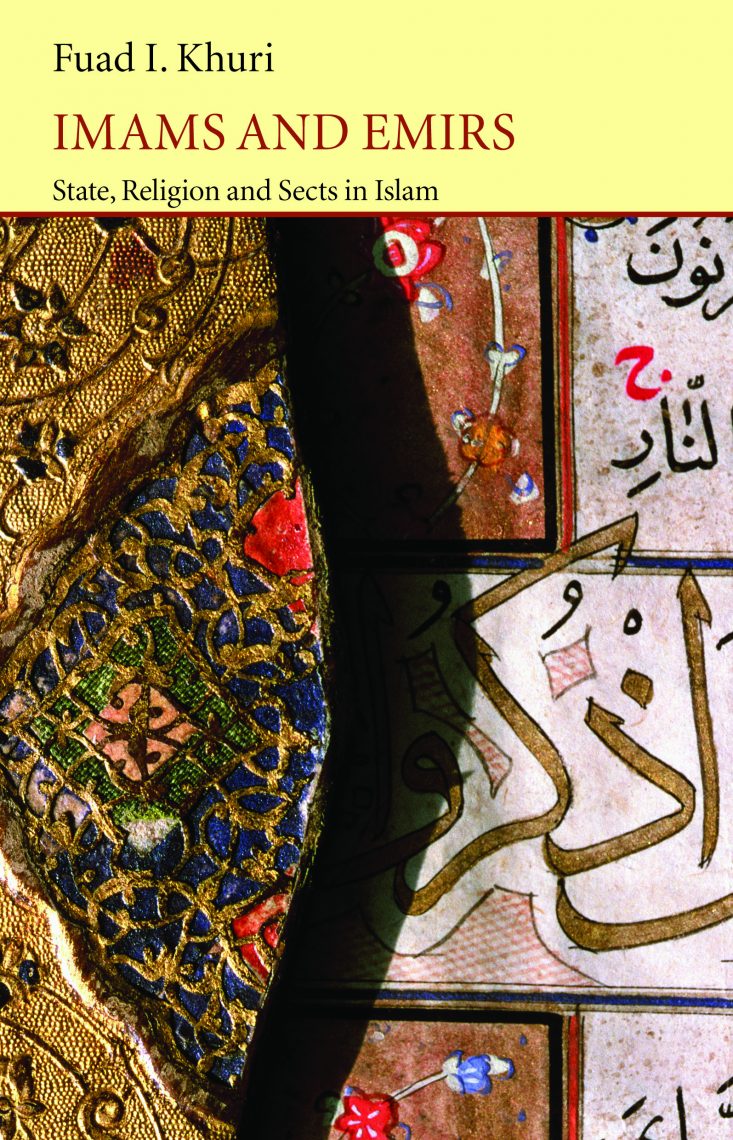
About the Book
In this classic, comprehensive study of Islamic sects in the contemporary Arab world, Khuri focuses on the Sunni, Shi‘a, Alawis, Druze, Ibadis, Zaidis, Yazidis and the Maronites (who, although Christian, are included because they share certain distinguishing features). His placements of these groups on a single comparative scale was unprecedented.
Khuri argues that conflicts among Muslims arise from the struggle between two opposing forces: religious, doctrinaire authorities (imams) and leaders who derive their authority from power and coercion (emirs). He discusses the role of dogma but also, uniquely, the critical factors that differentiate sects from religious communities and religions from sects.
Following a thorough review of the structural characteristics of individual sects, Khuri addresses issues of religious change, dealing with the interplay between religions, states and nationalism. Here he explores the contradictions between modern state structures and the Islamic umma, showing how some religious concepts had begun to take on nationalistic meanings.
About the Author
Fuad I. Khuri, who died in 2003, was a distinguished Lebanese writer and academic. He wrote widely on the contemporary Arab world, covering topics such as social and cultural change, tribal and peasant societies and religious organisation in Islam. His books include Imams and Emirs: State, Religion and Sects in Islam, The Body in Islamic Culture and Tents and Pyramids: Games and Ideology in Arab Culture from Backgammon to Autocratic Rule (all by Saqi Books).
Reviews
‘Readers in a variety of fields will find this book a reliable source well researched, amply documented and highly readable.’ Middle East Journal
‘An excellent book.’ Middle East International
‘The relationship of authority and political culture among the Sunni and the Shi‘a receives extensive treatment. The author’s direct interaction with various ulema and his exposition of their views is useful.’ International Journal of Middle East Studies
